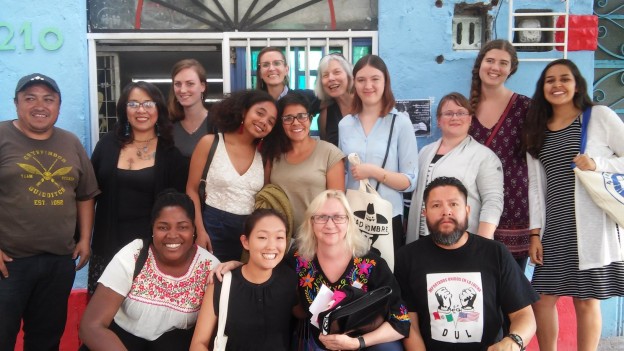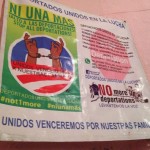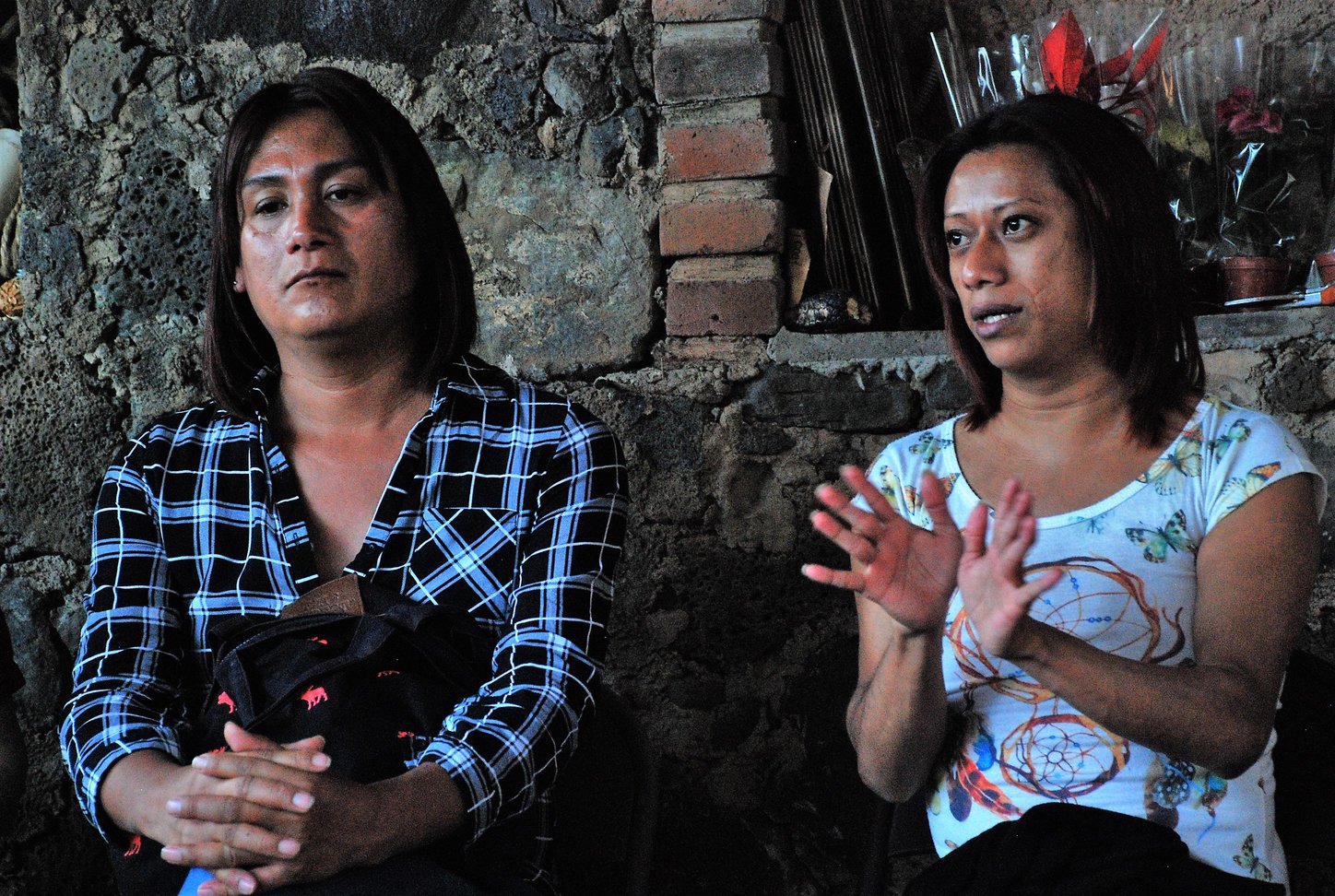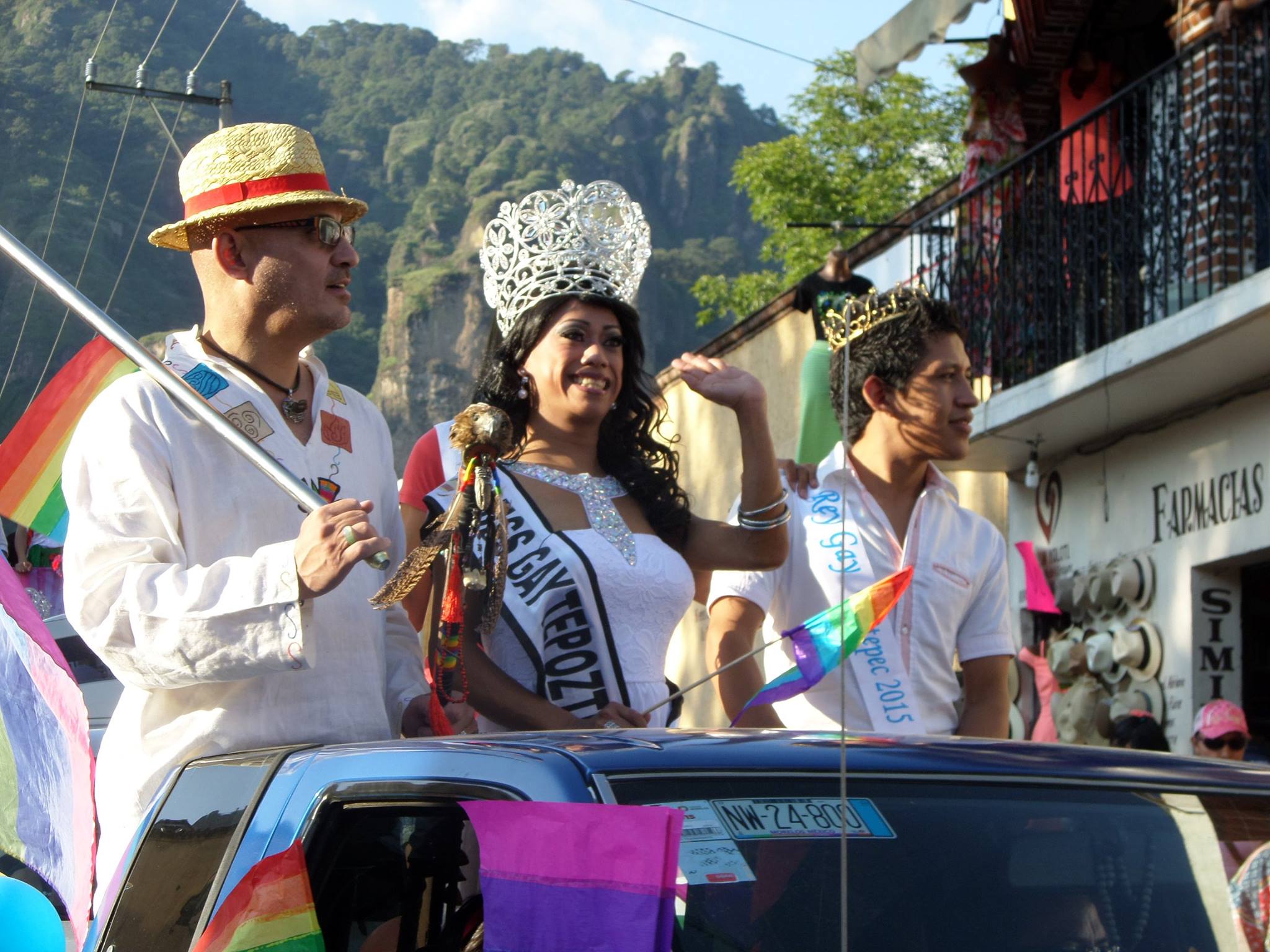For our last speaker of the semester, we were lucky to hear from Dr Sylvia Marcos, a Mexican feminist scholar. Her focus is on Zapatismo, or the ideology of the Zapatistas, a revolutionary indigenous collective of communities based in Chiapas.
Dr Marcos explained that the Zapatista communities, established in rebellion against the Mexican state in 1994 after the implementation of NAFTA, are committed to governing from below. In practice, this looks like a complex democracy that includes local structures in making decisions for the whole collective. The 7 principles of the Zapatistas reflect this bottom-up model:
“Obedecer y No Mandar (To Obey, Not Command)
Proponer y No Imponer (To Propose, Not Impose)
Representar y No Suplantar (To Represent, Not Supplant)
Convencer y No Vencer (To Convince, Not Conquer)
Construir y No Destruir (To Construct, Not Destroy)
Servir y No Servirse (To Serve Others, Not Serve Oneself)
Bajar y No Subir (To Work From Below, Not Seek To Rise)”
Another important component of Zapatismo that Dr Marcos highlighted was the significance of women’s leadership. Many of the highest leaders of this indigenous collective are women, and one of their most fundamental documents is the Women’s Revolutionary Law. The Women’s revolutionary Law protects fundamental rights of education, work, independence, and others for Zapatista women. As in many social struggles, women are at the forefront of the movement. They join in armed struggle, governing, education, and leadership in all aspects of Zapatista society.
In a world where women and indigenous people have to struggle for basic rights and representation, the Zapatista model is important to study for its strong commitment to meeting people’s needs.
The Zapatista slogan:
Para todos todo, para nosotros nada / For everyone, everything. For us, nothing










